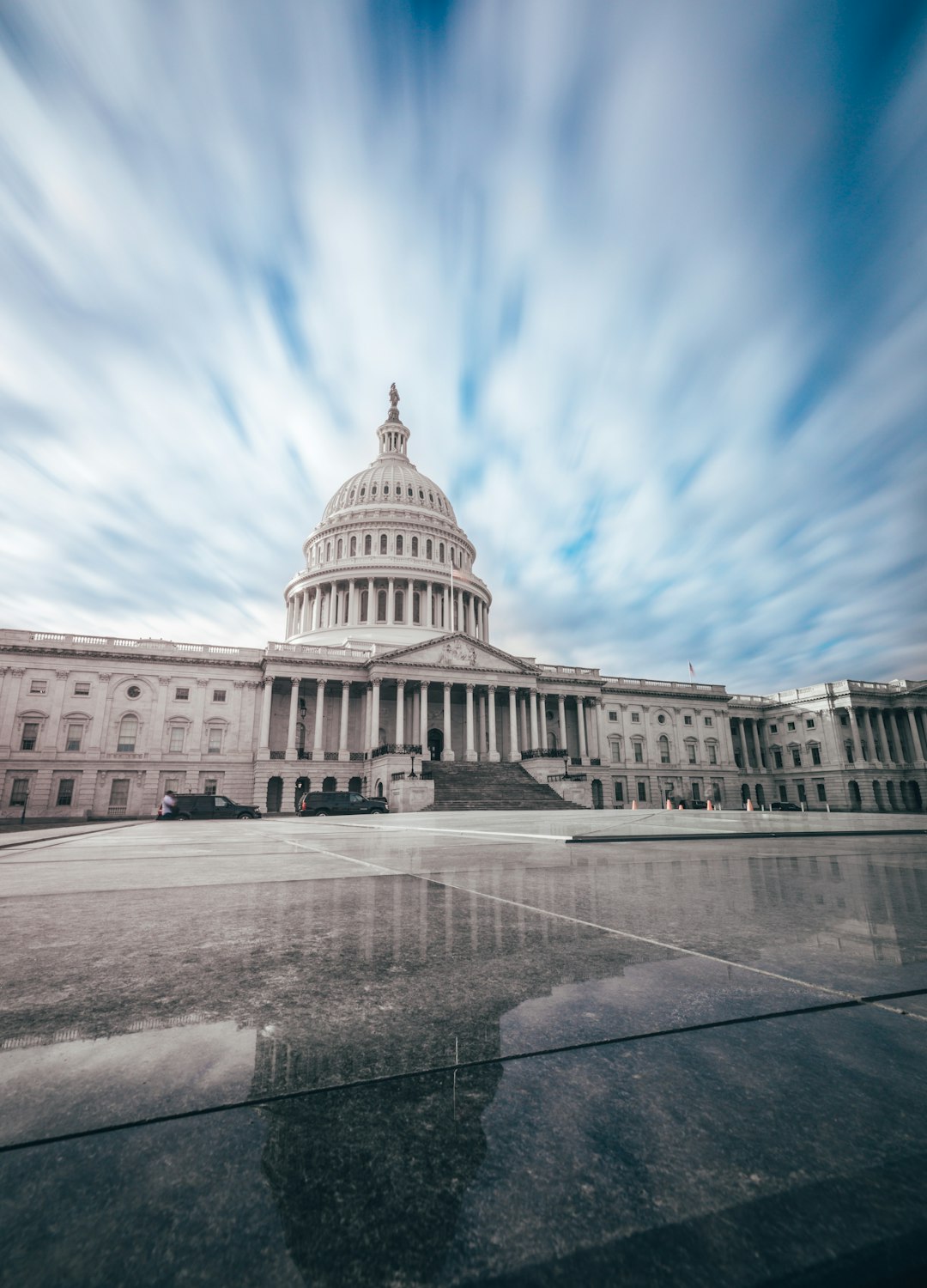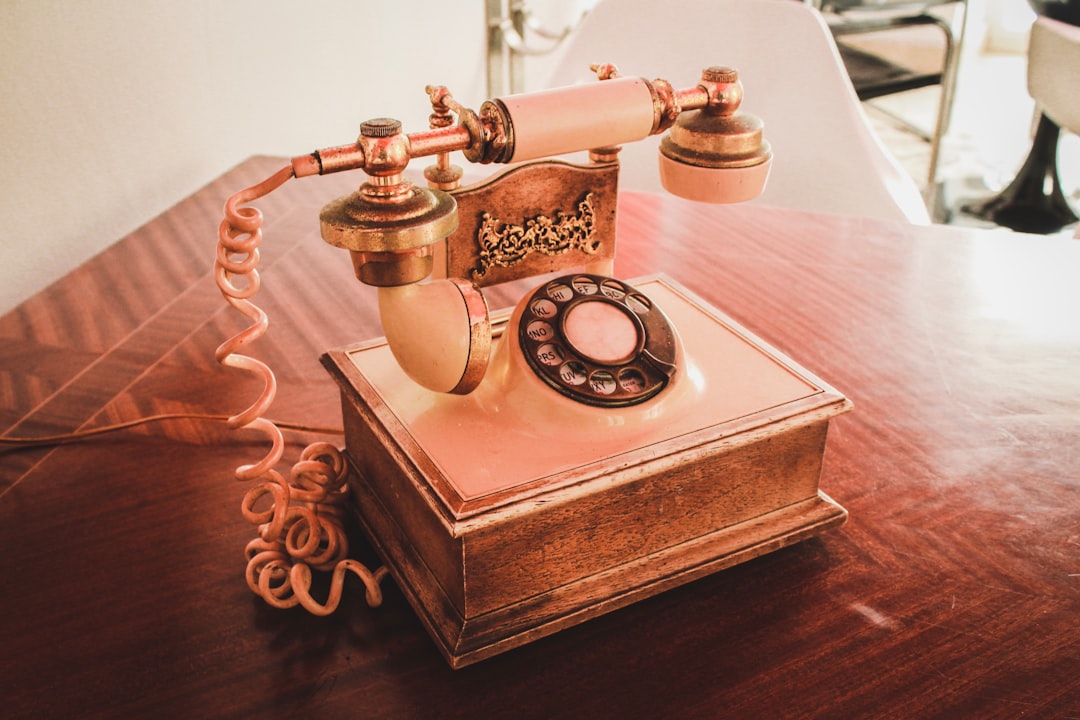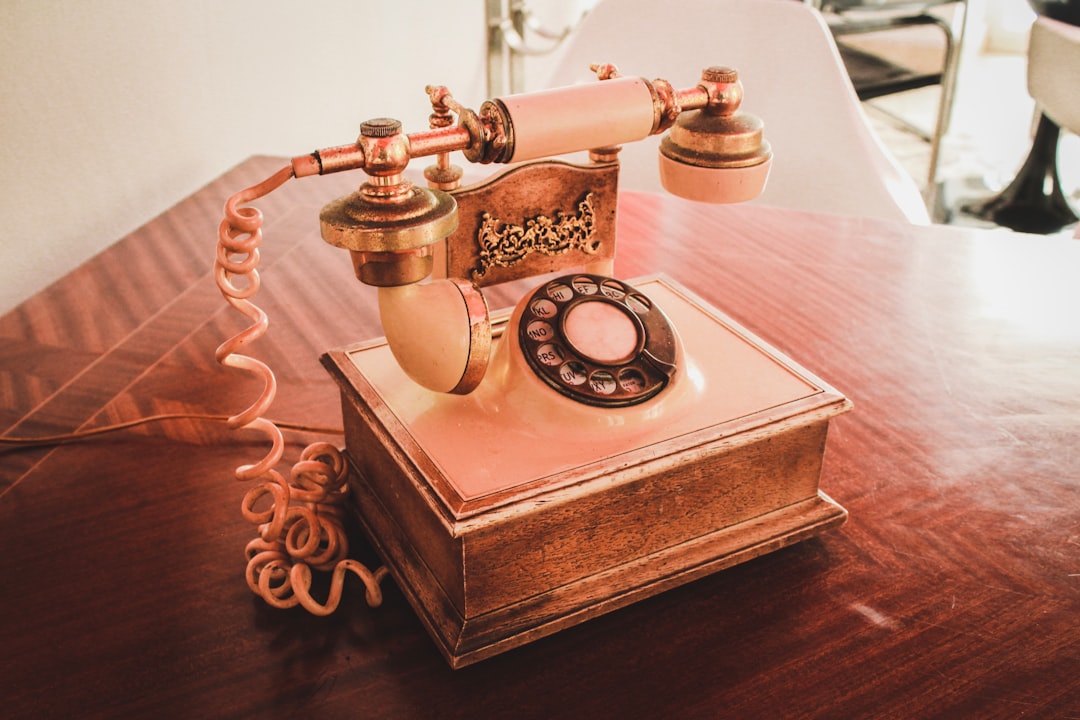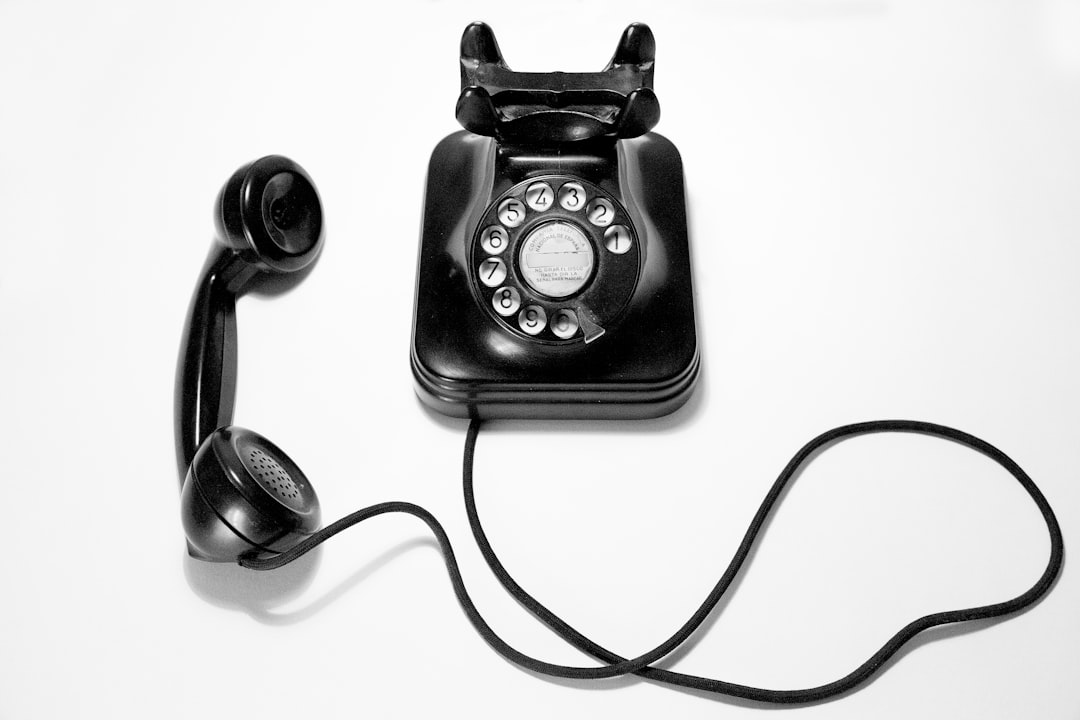Automated messages, while common in business communication, are subject to strict legal regulations, particularly in the US through the Telephone Consumer Protection Act (TCPA). In Washington, consumers have specific rights against unwanted calls, which can be considered an invasion of privacy. Unwanted call lawyers in Washington specialize in guiding clients through these protections, empowering them to take action if their privacy is violated. Understanding your rights and documenting messages are crucial steps; consulting an attorney can lead to blocking, damages, or legal action against senders. These specialists play a vital role in protecting consumers' rights as telemarketing practices become increasingly regulated.
In today’s digital age, automated messages have become a ubiquitous part of our lives. However, not all automated communication is welcomed. Understanding your rights against unwanted calls is crucial. This article guides you through the legal framework surrounding automated messages, when they cross the line into harassment, and what actions to take if affected. We also explore the role of the Telephone Consumer Protection Act (TCPA) and navigate legal options with the help of unwanted call lawyers in Washington.
Understanding Automated Messages and Their Legal Framework

Automated messages, such as those delivered via text or email, have become increasingly prevalent in modern communication. While they offer numerous benefits for businesses aiming to reach their customers quickly and efficiently, there’s a crucial legal framework surrounding them, especially when it comes to unwanted contact. In the context of phone calls, this is often referred to as “unwanted calls,” and laws like the Telephone Consumer Protection Act (TCPA) in the United States regulate how these messages can be sent. The TCPA prohibits automated or prerecorded calls from being made to any telephone number assigned to a cellular telephone service without the prior express consent of the called party.
This legal framework ensures that individuals have control over their communication preferences, protecting them from unsolicited messaging. For instance, if you’ve never given permission for an organization to contact you via automated means, including certain types of marketing text messages or robocalls, you could take action against what you perceive as unwanted calls. In Washington, specifically, there are laws in place that support consumers’ rights, and Unwanted Call Lawyers Washington can guide individuals on how to navigate these legal aspects if they feel their rights have been violated.
When Do You Have a Case for Unwanted Calls?

In many cases, receiving automated messages or robocalls is considered an invasion of privacy and can be legally challenging for individuals. While some automated communication is legitimate, such as reminders from banks or healthcare providers, others may be unwanted and even harassing. You may have a case for taking legal action against unwanted calls if you can prove that:
1. The messages are being sent without your prior consent or explicit permission. This often includes cases where individuals sign up for services unaware that they are agreeing to receive automated marketing calls. 2. The frequency of the calls is excessive and unreasonable, causing distress or inconvenience. If a person continues to receive robocalls despite requests to stop, it could indicate a pattern of harassment. In Washington, unwanted call lawyers can assist in navigating these complex issues, ensuring that your rights are protected under state laws governing telemarketing practices.
The Role of Telephone Consumer Protection Act (TCPA)

The Telephone Consumer Protection Act (TCPA) is a federal law designed to protect consumers from unwanted and intrusive phone calls, text messages, and other forms of communication. This legislation plays a crucial role in ensuring that individuals can enjoy their privacy when it comes to their personal communication channels. Under the TCPA, businesses and organizations are restricted from making automated or prerecorded calls to consumers without their prior express consent.
Unwanted call lawyers Washington often specialize in helping clients navigate these complex legal protections. If you receive automated messages or calls without your permission, you may have legal recourse under the TCPA. These specialists can guide individuals through their rights and options, ensuring that companies adhere to the law and respect consumers’ privacy.
Enforcing Your Rights: What to Do If You're Affected

If you’ve received unwanted automated messages, knowing your rights and taking action is crucial. Start by reviewing the message for any contact information or company name, which can help identify the sender. Next, consider reaching out to an Unwanted Call Lawyer in Washington who specializes in such cases. They can guide you on how to file a complaint with relevant authorities, such as the Federal Communications Commission (FCC). Documenting the messages, including timestamps and content, is essential evidence.
Additionally, many states have laws protecting consumers from unwanted marketing calls. Familiarize yourself with these laws or consult an attorney who can explain your options, which may include seeking damages for violations, blocking future communications, or even initiating legal action against the sender. Don’t hesitate to take steps to protect your privacy and assert your rights.
Navigating Legal Action: Hiring Unwanted Call Lawyers in Washington







